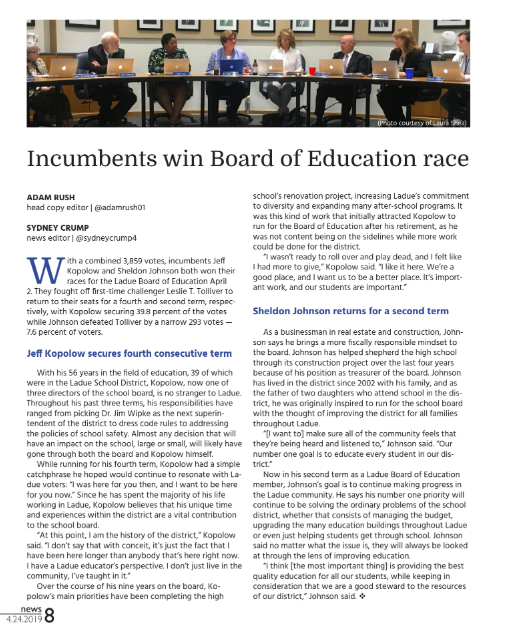The MU chapter of Students for Sensible Drug Policy hosted a Know Your Rights event Sept. 4 to educate students about using their constitutional rights effectively when encountering the police. Defense attorney Dan Viets was invited to speak at the event and talked about his time defending criminal marijuana cases.
The event, hosted by senior and SSDP chapter leader Josh Eagan, ran for an hour and covered topics such as dorm searches, marijuana legalization, drug stops and more. Eagan believes this presentation was needed because he feels most students do not have effective knowledge of how to interact with a police officer in a potentially hostile situation.
“This event was geared toward everybody on campus who might have an interaction with a police officer — not just drug users,” Eagan said. “We want them to come away with a skill set for de-escalating a situation with a police officer and legally leaving a situation in a way that is asserting their rights. It’s a skill that could save [people] a lot of headaches and a lot of money.”
Viets, who has been an attorney for the past 33 years, concentrates on both the defense of marijuana cases and repealing the federal criminalization of the drug. Throughout the presentation, Viets spoke about the need for a healthy skepticism of the police, as he fears students will be taken advantage of if they do not exercise their constitutional rights in a clear and concise way.
“The information about how to deal with the police is important for every American,” Viets said. “It has to do with our most basic constitutional rights, and most people don’t know how to exercise these rights. Young people often confess and waive their rights against unreasonable searches or letting police into their dorm because they just don’t know better.”
Viets has an ironclad rule he uses when advising both students and his clients: do not talk to the police. This rule was born out of his belief that speaking to the police, except when absolutely necessary, harms a person’s ability to effectively defend themselves in court.
“There is a natural tension in a free country between the need to enforce the law and the ability of individual citizens not to be intimidated, not to be tricked into confessing or cooperating,” Viets said. “There is always going to be that tension, but citizens need to know they don’t necessarily need to speak to the police.”
Sophomore Claire Ridgeway chose to attend the event because of her interest in the marijuana reforms currently happening in Missouri and throughout the country. Similarly to Viets, Ridgeway also considers herself an activist when it comes to the legalization of marijuana.
“This is history; we’re going to be reading about this in textbooks and scratching our heads in 50 years and saying this was crazy,” Ridgeway said. “It never hurts to learn a little more, and this is something I want to be a part of.”
However, while Viets is adamant on the need to be educated about constitutional rights, his ultimate goal will always be for marijuana use to be decriminalized in its entirety.
“If people aren’t facing the potential of a criminal conviction and jail for victimless behavior, then people won’t have to worry as much about using their constitutional rights when dealing with the police,” Viets said.



